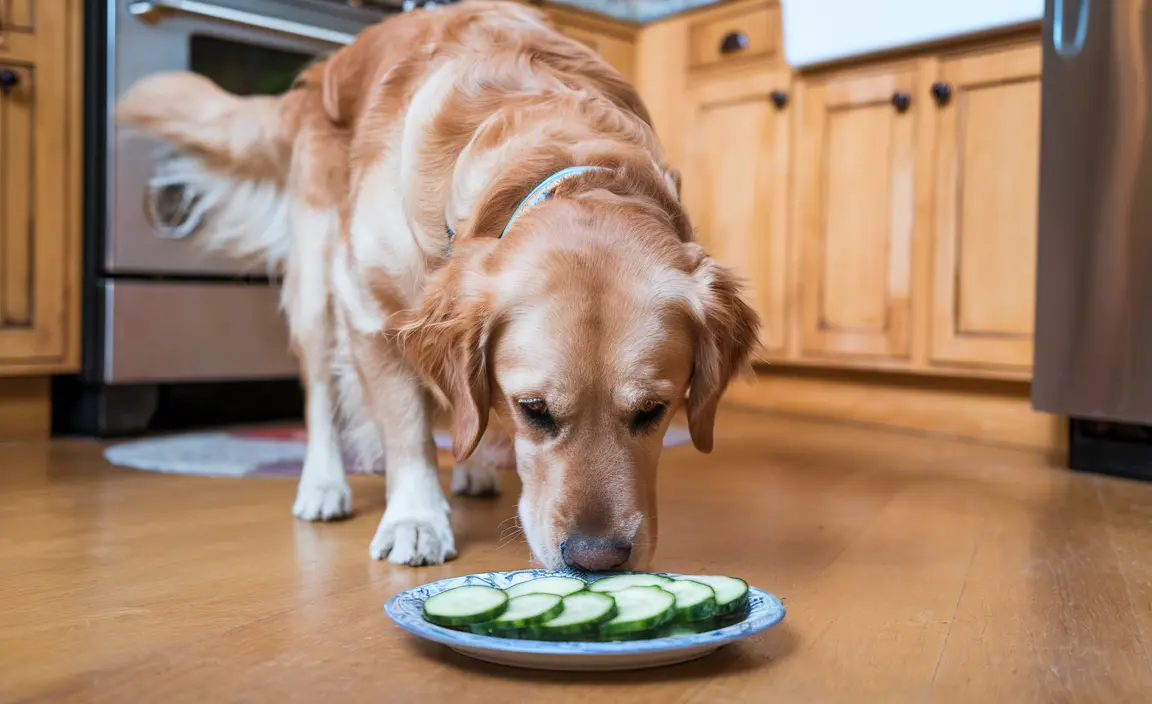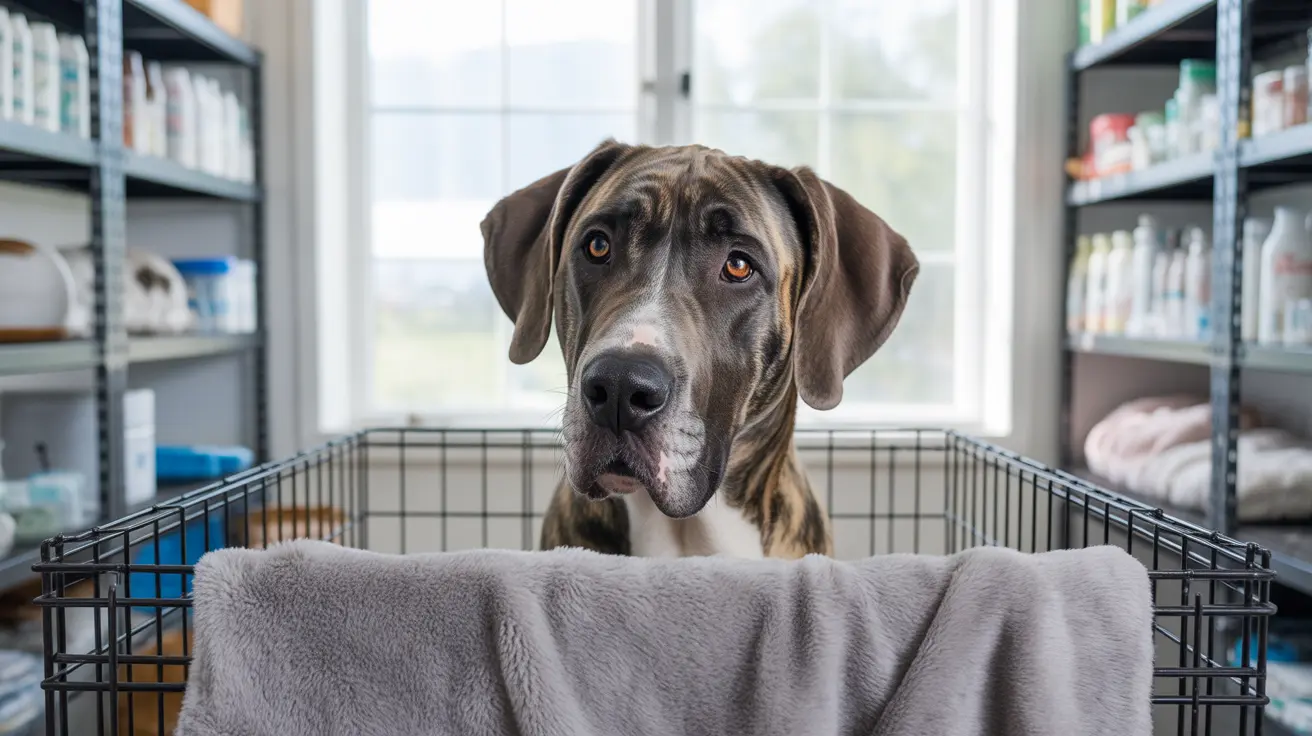As pet owners, we're always looking for healthy, low-calorie snacks to treat our furry friends. Cucumbers have emerged as a popular and nutritious option for dogs, offering a refreshing and hydrating treat. But before you start slicing up this crisp vegetable, it's essential to understand the dos and don'ts of feeding cucumbers to your canine companion.
In this comprehensive guide, we'll explore everything you need to know about dogs and cucumbers, from nutritional benefits to potential risks, ensuring you can confidently offer this cool treat to your four-legged friend.
Can Dogs Have Cucumbers? Nutritional Benefits Explained
Cucumbers are more than just a crunchy snack – they're packed with health benefits for dogs. With approximately 96% water content, these green vegetables are an excellent way to keep your pup hydrated, especially during hot summer months. They're particularly beneficial for dogs who might not drink enough water throughout the day.
Low-Calorie Treat for Weight Management
For dog owners managing their pet's weight, cucumbers are a dream come true. These low-calorie vegetables are an ideal treat for overweight or diabetic dogs. A typical cucumber slice contains virtually no calories, making it a guilt-free snack that won't compromise your dog's diet plan.
Vitamins and Minerals in Cucumbers
While cucumbers shouldn't replace a balanced diet, they do offer some nutritional perks. They contain vitamins K and C, as well as magnesium, which can provide a small nutritional boost to your dog's regular meals. However, it's important to note that these nutrients should be secondary to a high-quality, veterinarian-recommended dog food.
Potential Risks and Precautions When Feeding Cucumbers to Dogs
Portion Control and Digestive Concerns
Like any treat, moderation is key when feeding cucumbers to dogs. Overfeeding can lead to gastrointestinal issues such as vomiting, diarrhea, or stomach upset. The general guidelines for cucumber portions are:
- Small dogs: 1-2 small slices
- Medium dogs: 4-5 slices
- Large dogs: A small handful of cucumber pieces
Choking Hazards and Preparation Tips
To ensure your dog's safety, always prepare cucumbers carefully. Wash them thoroughly to remove any pesticides, and slice them into appropriate sizes to prevent choking. For smaller dogs or those with sensitive stomachs, consider peeling the cucumber and removing the seeds.
Safe Cucumber Consumption for Dogs
Selecting the Right Cucumbers
Not all cucumbers are created equal when it comes to dog treats. Always choose fresh, organic cucumbers when possible. Avoid pickled or processed cucumbers, which contain added salts, spices, and preservatives that can be harmful to your dog.
Special Considerations for Puppies and Sensitive Dogs
Puppies and dogs with sensitive stomachs may require extra caution. Start with very small amounts and monitor your dog for any adverse reactions. If you notice any signs of discomfort, discontinue feeding cucumbers and consult your veterinarian.
Frequently Asked Questions
Can dogs eat cucumbers with skin, or is it better to remove the peel?
It depends on your dog. While cucumber skin is not toxic, it can be harder to digest. For smaller dogs or those with sensitive stomachs, it's best to peel the cucumber and remove the seeds.
How many cucumber slices can I safely give to my dog as a daily treat?
The number varies by dog size. Small dogs should have 1-2 slices, medium dogs 4-5 slices, and large dogs a small handful. Always introduce new treats gradually and in moderation.
Are pickled cucumbers safe for dogs to consume, or should I stick to fresh ones?
Stick to fresh cucumbers. Pickled cucumbers contain high levels of salt, spices, and preservatives that can be harmful to dogs and may cause digestive issues.
Can puppies eat cucumbers, or is there a recommended age to introduce them to a puppy's diet?
Puppies can eat cucumbers in very small, carefully prepared amounts. However, always consult with your veterinarian before introducing any new treats to a puppy's diet.
What are the symptoms of allergic reactions or digestive issues in dogs after eating cucumbers, and what steps should I take?
Watch for signs like vomiting, diarrhea, excessive gas, or changes in behavior. If you notice any of these symptoms, stop giving cucumbers immediately and contact your veterinarian for advice.






